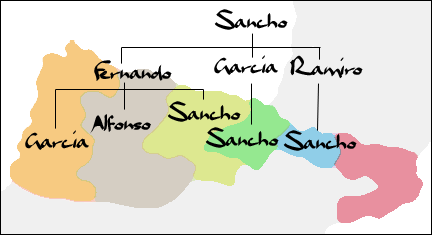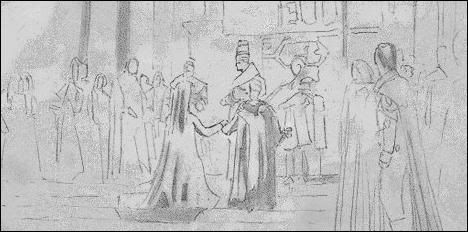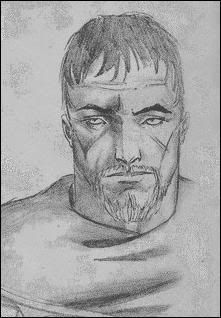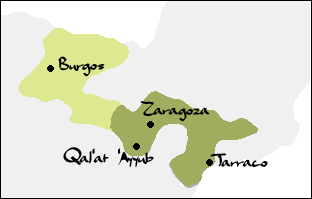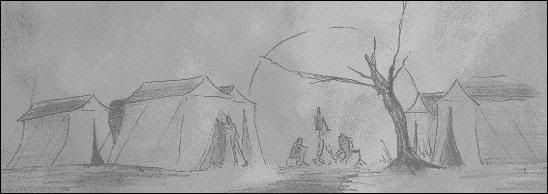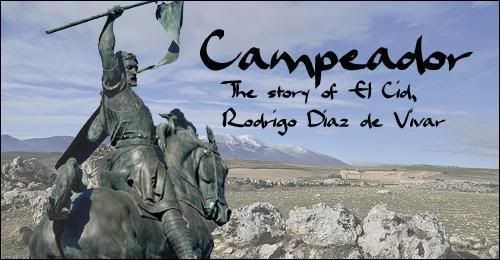
Campeador - The story of El Cid, Rodrigo Díaz de Vivar
Introduction - Welcome, dear readers, to another of my AARs. Those who used to follow it noticed that my previous AAR ("The Potter") has been inactive for about two months. It is on hold though, I hope to return to Romanion one day to continue the story of Professor Doxiadus' history class about the Kantakouzenoi. Point was, I lost inspiration at that time. For a while I considered doing a history book AAR about an England where Harold Godwinson won the Battle of Hastings (I already did a Saxon AAR once). This project, although fairly advanced at some point, has also been put on hold for the time being for the simple fact I'm afraid it may be, well... too boring. This remains a pet project though, and may be resurrected in AARland one day.Anyway, my time off from The Potter and dismissal of my history book project brought me to a new project and a whole new corner of Europe, and to try my hand at another form of narrative writing (The Potter was a narrative/history book crossbreed). The thought to go to Castile and write an AAR about El Cid has been very old, actually. As many of you might know, Rodrigo Díaz de Vivar, also known as El Cid Campeador, is one of the most famous knights of the middle ages. The stories and legends surrounding him are equaled only by those of men like Charlemagne, Roland or Richard Lionheart. On the Iberian peninsula especially, El Cid is seen as the very embodiment of chivalry, bravery and loyalty, the key virtues of the medieval knight. Of course, these stories have diluted the historical figure El Cid to the point that some historians even doubt he even existed! But just for the sake, let's assume he really was a medieval nobleman, and that he probably wasn't all that pious and loyal all the time, he is certainly an interesting figure, and one of the great men of the Spanish middle ages. I first learned of El Cid (like some of you, I trust) while playing the AOE2 expansion. The campaign telling the story of El Cid's trials is still my favorite of the AOE franchise. When I later learned that he had really existed, and that many things in the game really happened, my interest was peeked. And it brought me to this point.
Let's get going then.
.........
Last edited:



